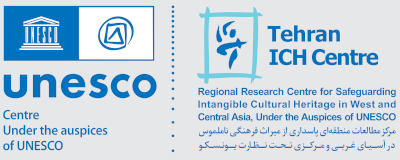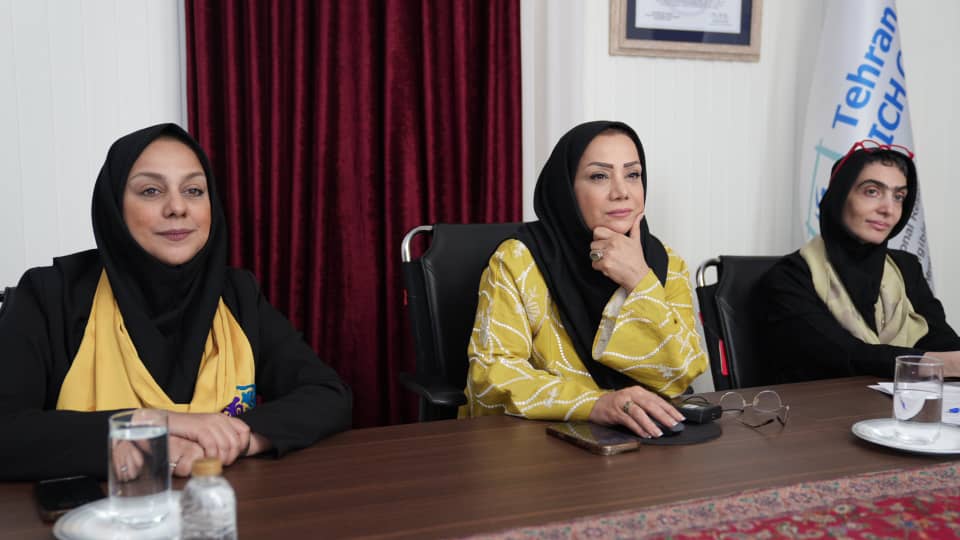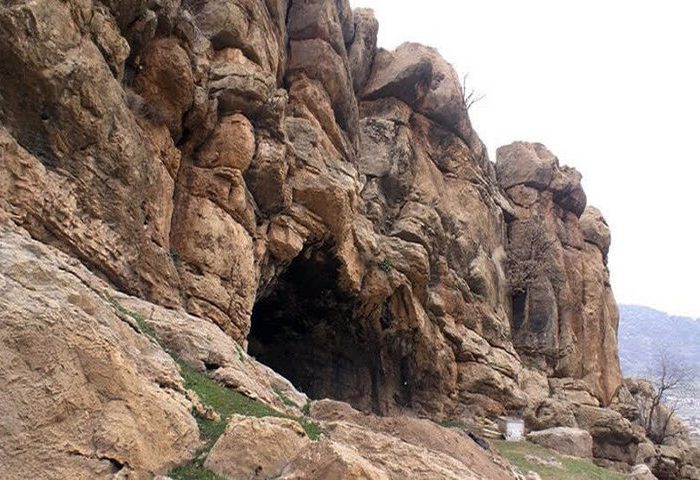Al-naoor is a wooden wheel that rotates on its axis. It is used on the streams of the Euphrates River in Iraq, where water levels are lower than the adjacent fields. In order to raise the river water to the fields, the communities devised the al-naoor wheel. The wheel is made of twenty-four columns of wooden sticks and twenty-four clay jugs attached to the outer circumference with palm leaf ropes. Ranging between eight and twelve metres in diameter, the wheel is installed vertically between two stone pedestals on the streams of the river. As the current causes the wheel to rotate, the jugs collect the water from the river, carry the water to the top of the wheel, and pour it into the waterways leading to the fields. The day of the al-naoor mounting is marked by celebrations, including traditional poetry performances, singing and dancing. More recently, the energy produced by the al-naoor wheel has also been used to generate electricity and to operate the water mills used to grind grain for flour. Al-naoor is a source of livelihood for many, including the artisan carpenters, pottery makers and builders involved in its construction.









